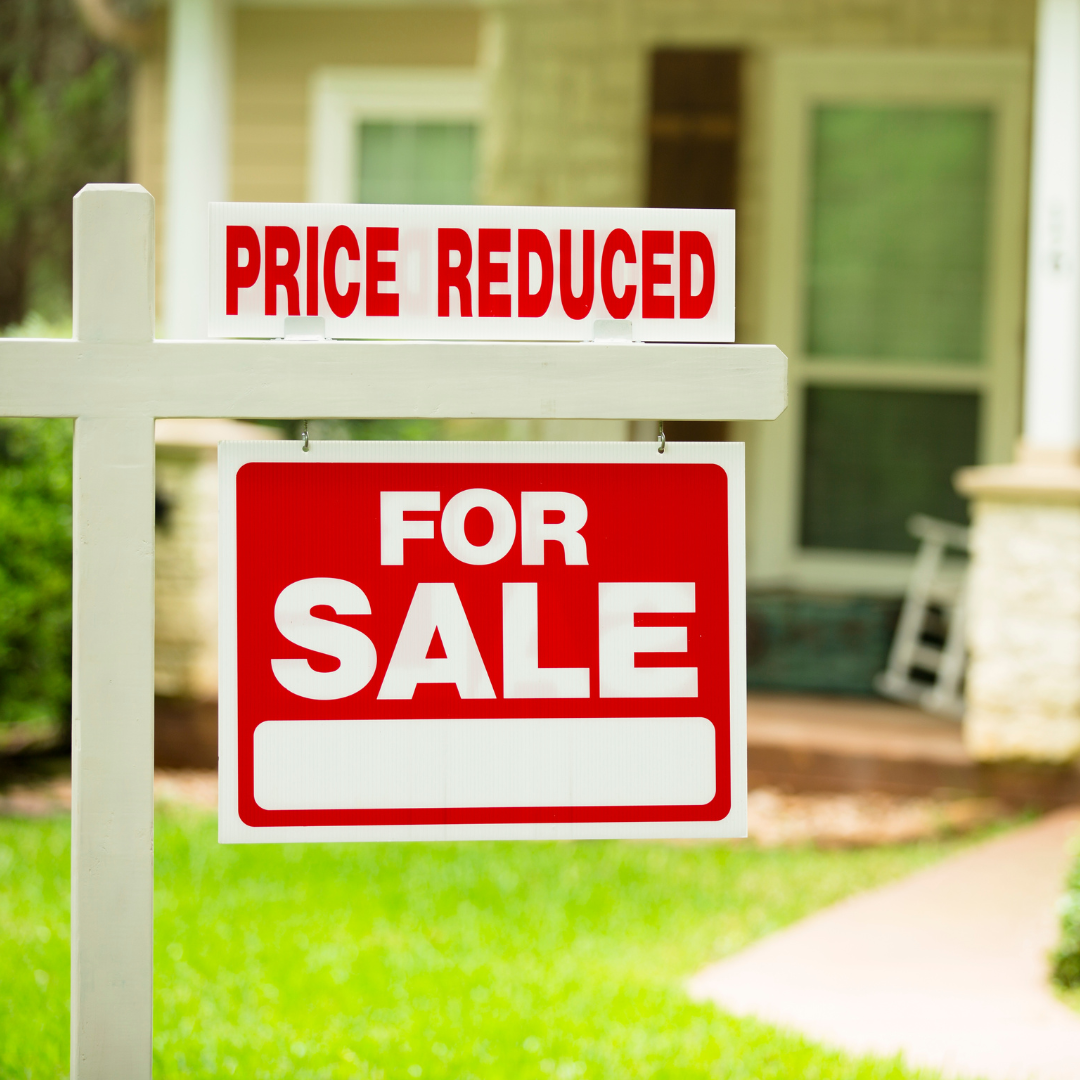
How Upcoming Property Tax & Budget Changes Will Impact Your 2026 Bill (Austin, TX)
Snippet Answer: Austin homeowners should expect modest property tax increases in 2026 due to Travis County’s newly adopted tax rate for flood recovery and climate resilience projects, the City of Austin’s budget changes, and school funding formulas. Understanding exemptions and preparing early can help manage the impact.
What’s Changing With Property Taxes in Austin?
Property taxes in the City of Austin are driven by three main sources: Travis County, the City of Austin, and Austin ISD. Each has recently made budget decisions that will affect 2026 bills:
- Travis County: Approved a tax rate increase to fund flood recovery and climate change resilience projects, including drainage improvements and infrastructure upgrades. (KUT News)
- City of Austin: Adopted a new budget that includes higher spending on public safety and housing initiatives, supported by a property tax adjustment.
- Austin ISD: School taxes typically make up the largest portion of a property bill, and funding formulas mean rates may shift depending on state contributions.
What This Means for Austin Homeowners
For 2026, the average homeowner in Austin may see an increase of several hundred dollars in their annual property tax bill. According to KUT, Travis County’s tax rate increase is expected to raise about $40 million in additional revenue, with the average homeowner paying roughly $150–$200 more per year to help fund flood recovery and climate resilience projects.
The exact amount depends on:
- Your property’s appraised value from the Travis Central Appraisal District (TCAD).
- Applicable exemptions (homestead, senior, disabled veteran, etc.).
- Which part of the city and school zone your property falls under.
Key Exemptions to Know
- Homestead Exemption: Reduces taxable value by at least $100,000 statewide. Pending propositions could raise this even higher in 2026.
- 65+ or Disabled Exemption: Caps annual school tax increases.
- Disaster Damage Exemption: Temporary relief if your property is affected by flooding, fire, or other disasters. (Travis CAD)
How to Prepare for Your 2026 Bill
- Check Your Appraisal Early (Spring 2025): TCAD mails notices in April. Compare your market value to recent neighborhood sales.
- File for Exemptions: If you haven’t filed for a homestead exemption, do so immediately — it’s free and permanent as long as you live in the home.
- Consider an Appeal: If you believe your appraisal is too high, you can protest through TCAD. Homeowners who appeal successfully often see reduced bills.
- Budget Ahead: Factor in an estimated increase when planning your 2026 household expenses.
FAQs for Austin Homeowners
Q: Will every Austin homeowner pay more in 2026?
Not necessarily — exemptions and protests can offset some of the increases, but overall tax rates are trending upward.
Q: When will I know my final 2026 bill?
Tax bills are usually sent out in October. Payment is due by January 31, 2026.
Q: Can I lower my property tax bill without moving?
Yes. Filing exemptions, protesting your appraisal, and taking advantage of disaster relief programs can all reduce what you owe.
Final Thoughts
As an Austin homeowner, property taxes are one of your biggest ongoing expenses. With Travis County raising rates to address climate-driven flood recovery and resilience, and the City of Austin adjusting budgets, now is the time to review exemptions, watch appraisal notices, and plan ahead for your 2026 bill.








